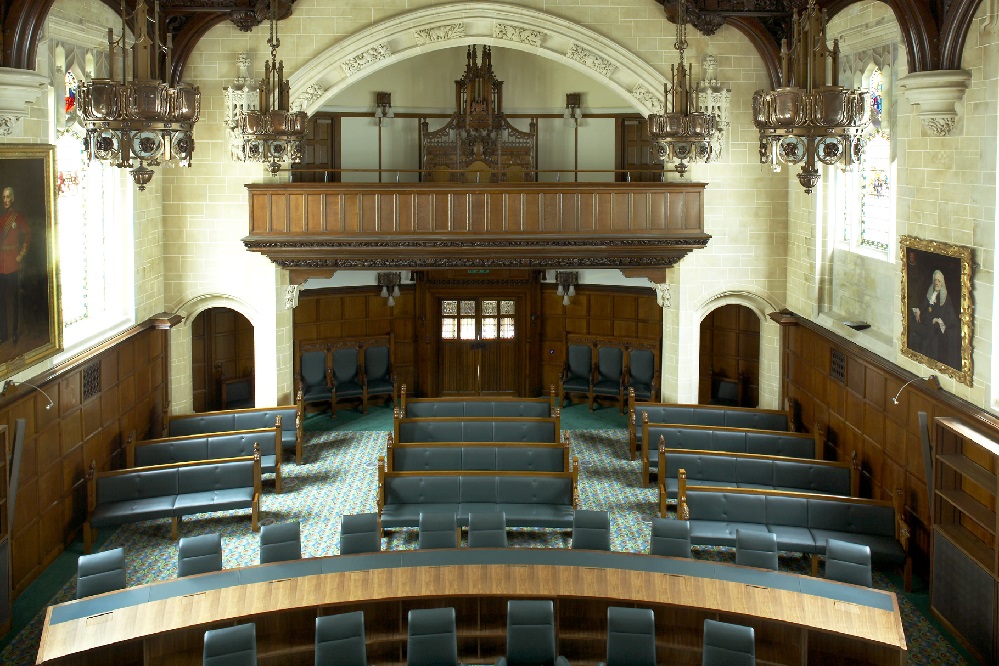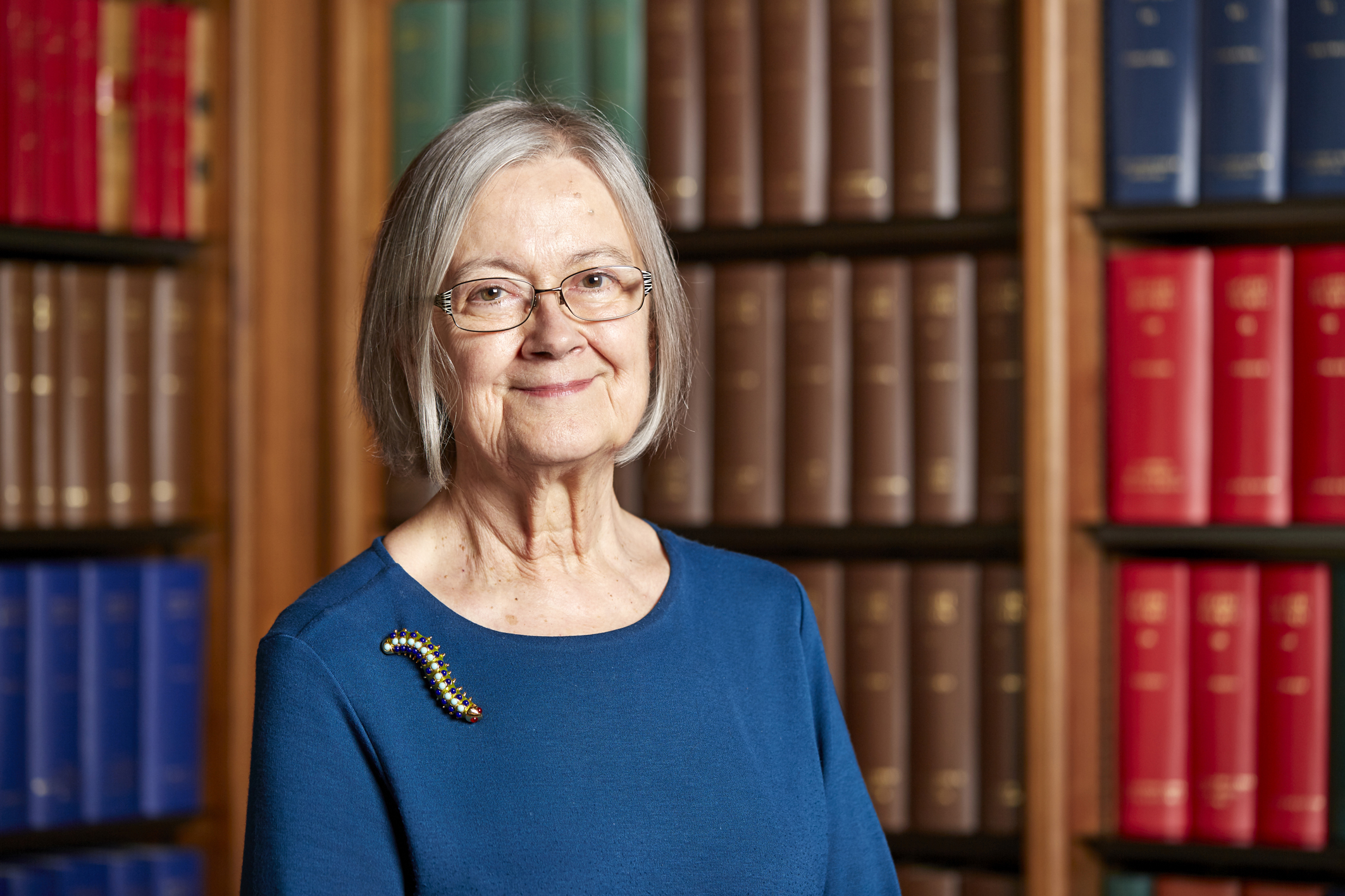We always knew Lady Hale was the best. The soon-to-be President of the Supreme Court was its first ever female member, and now she’s spoken out about the lack of diversity of judges.
Speaking in Belfast last week, she pinpointed independence, incorruptibility, quality, and diversity as the four cornerstones to finding the right judges. Finding conscientious individuals who are able to “counter their own biases” and are free from political influence is also of paramount importance, according to the judge.
When it comes to quality, she explains this means being able to demonstrate “empathy and understanding for people whose lives are very different from your own”. Already we can see how these values feed into diversity. We want judges who can acknowledge their own limitations, but attempt to empathise with unknown perspectives.
Diversity in many dimensions

Lady Hale acknowledges that diversity applies to lots of different areas, something which is also fundamental to our human rights.
For instance, in Northern Ireland, it means ensuring proper representation for “both the Unionist and Nationalist communities”. It also means ensuring a mix of legal professional backgrounds to ensure breadth of experience.
Everyone with the requisite ability and personal qualities should feel that the judiciary is open to them, whatever their religion or belief, their sexual orientation, their socio-economic background or origins
Lady Hale
Crucial for democratic legitimacy

Image:: Davide Ragusa, Unsplash
Obviously diversity is important for fairness and equality, but Lady Hale argues that it’s also important for democratic legitimacy itself. The highest courts in the UK have a reputation for being stuffed with privately educated white males, which can be an alienating perception for many people in itself.
Given that half the country are female, and only a sixth of the Supreme Court are female (or will be, once Lady Justice Black joins the Supreme Court in October), there has to be a feeling that we’re wasting talent somewhere along the line. Finally, Lady Hale mentioned that diversity is important to enhance the quality of decision-making.
Diversity enhancing quality

Image Credit: Pixabay
Everyone is limited by their own experiences. Increased diversity means an increased wealth of experiences to call upon:
We all bring something different to the business of judging. We bring our experiences of life, our values, our philosophies of judging, our inarticulate major premises, our unconscious biases
It’s not just Lady Hale saying this either, with research indicating that “diverse collective bodies make better decisions than homogenous ones”. After all, “judging should be informed as much by the experience of leading a woman’s life as it is by the experience of leading a man’s”. In the same way, judging should be informed by different experiences relating to race, disability and class.
Right, so how do we ensure this diversity in our courts?

Image Credit: UK Supreme Court.
In the UK, we have an independent merit-based selection for our judges. For all its benefits, this system has not been successful in ensuring diversity.
There are two main reasons for this, according to Lady Hale. Firstly, the division of the legal profession into barristers and solicitors and, secondly, the limited and rigid process of promotion on the way to becoming a judge.
While not wanting to abandon the divided legal profession, she did suggest that “we should abandon our traditional assumptions about who gets which sort of judicial job and look for the best wherever it may be found“. Traditionally, diversity gets worse and worse the higher up the ladder you are. If the ladder weren’t so rigid, maybe we would achieve better representation amongst our judges.
Lady Hale provided a poignant final note with regard to diversity and quality:
There is a niggling nervousness in some quarters that diversity and merit are indeed competing rather than complementary values. We must prove them wrong
We don’t just want a diverse selection of judges because it looks good. We want a diverse selection of judges because it is good. Only with adequate representation will our courts be able to understand the wide spectrum of experience enjoyed (or suffered) by our diverse population.







